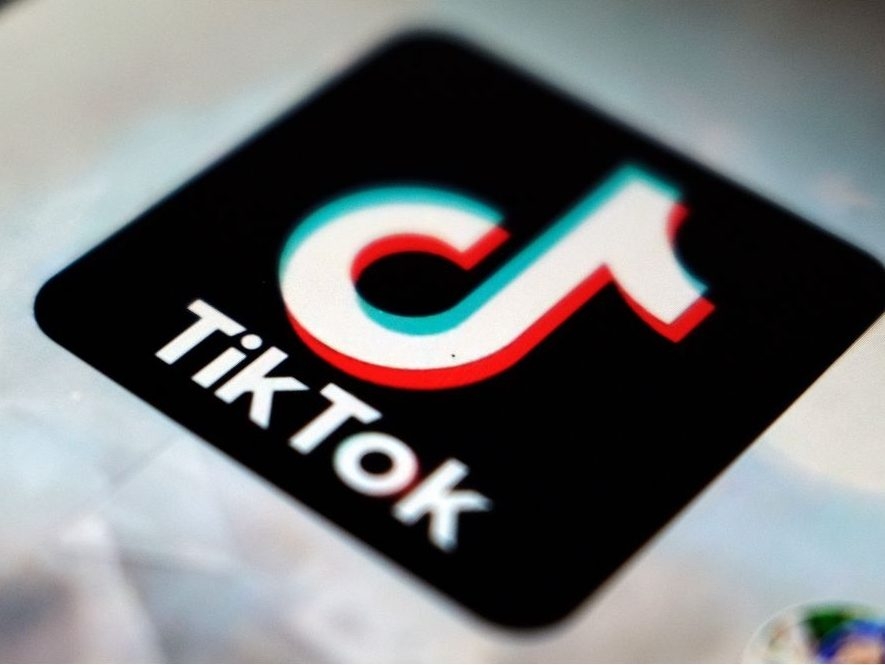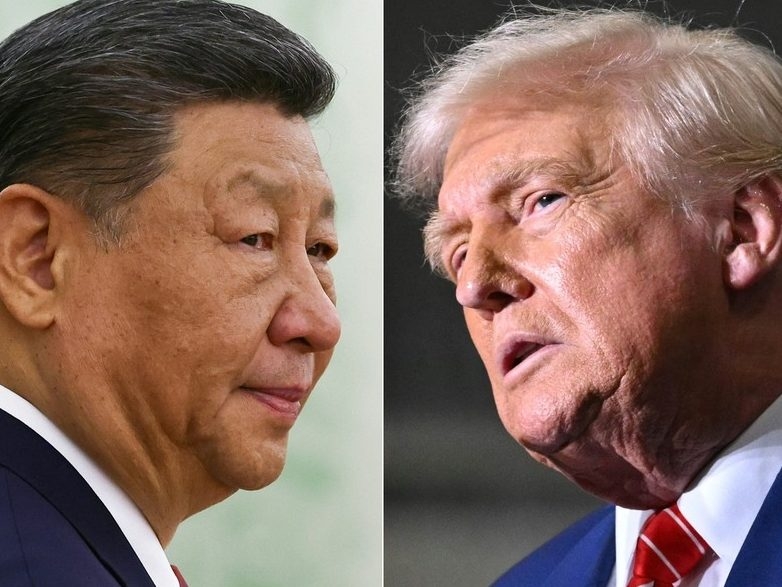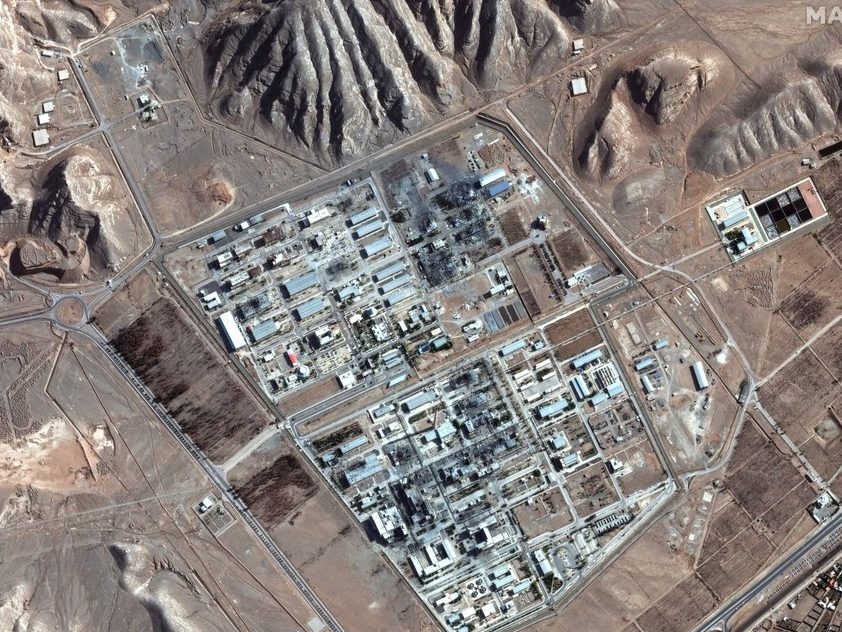A resolution to the long-running saga surrounding TikTok’s future in the United States may be imminent. Signals from the previous administration suggested a deal with China could be finalized, potentially as early as Thursday, allowing the popular video-sharing app to continue operating within U.S. borders. This possibility emerged during a visit to South Korea, where discussions aimed to de-escalate a broader trade war were underway.
The potential agreement would conclude months of uncertainty sparked by concerns over data security and national security risks. A bipartisan law passed by Congress and signed into law by the current president initially threatened a ban if TikTok’s parent company, ByteDance, didn’t find a new, non-Chinese owner by a January deadline. The app briefly faced shutdown, only to be granted a reprieve by an executive order.

Subsequent executive orders followed, repeatedly extending the deadline for a deal. Early attempts to spin off TikTok into a U.S.-owned entity faltered after China objected to tariff announcements. The core of the proposed solution involves an American-led investor group acquiring the app, a move that still requires Beijing’s approval.
However, experts suggest the deal isn’t a high priority for China. Some analysts believe China is content to allow the previous administration to claim a victory, even if the agreement doesn’t fully address concerns about the security of American user data. A critical question remains: will the deal truly align with U.S. law, given the congressional mandate for complete separation from ByteDance?
TikTok has become a significant source of news for younger Americans. A recent study revealed that 43% of U.S. adults under 30 regularly obtain news from the platform, surpassing other social media giants like YouTube, Facebook, and Instagram. Public opinion regarding a potential ban has also shifted, becoming more divided.
Recent surveys indicate support for a TikTok ban has decreased to around one-third of Americans, down from 50% just a year prior. Roughly equal proportions now either oppose a ban or remain undecided. Data security concerns remain the primary driver for those who favor a ban, with a vast majority citing the risk to user information.
The app’s recommendation algorithm—the engine driving its addictive stream of short-form videos—lies at the heart of the security debate. China has previously asserted its legal right to control the algorithm, a position directly challenged by the U.S. requirement for complete divestment from ByteDance.
American officials have voiced concerns that the algorithm could be exploited for manipulation by Chinese authorities, though concrete evidence of such interference remains elusive. The debate underscores the complex intersection of technology, national security, and global politics.





